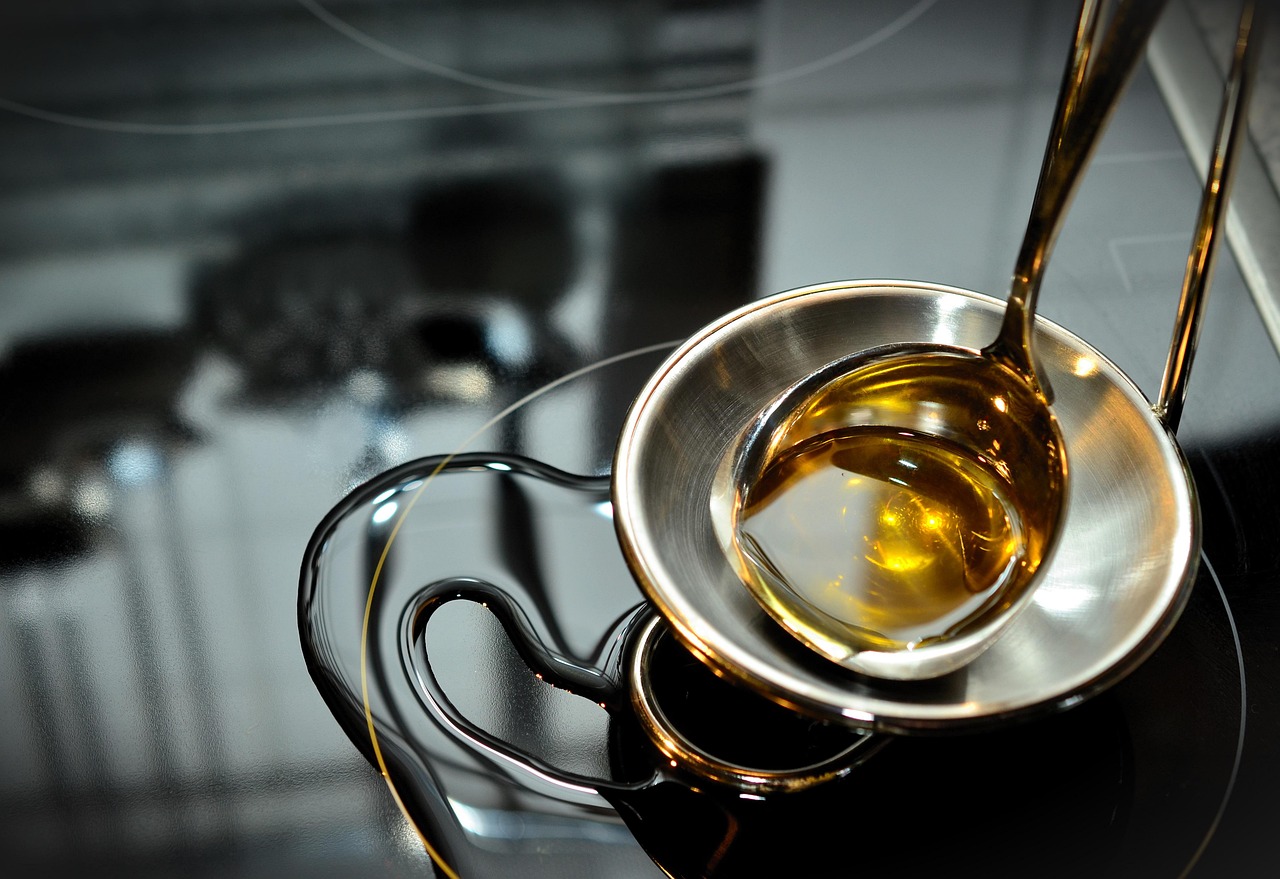
Cold-pressed oil: pros, cons and why rapeseed oil is an exception
Cooking oil plays an important role in our daily diet, as we use it in almost every meal. In a time when we are increasingly mindful of our health and the composition of our food, choosing the right oil becomes an important decision.
The two most commonly compared types are cold-pressed oil and refined oil. Although both serve a similar purpose in the kitchen, they differ in production methods, nutritional composition, and health impact.
Below, find out the key differences and which oil is the better choice for your diet.
How Is Cold-Pressed Oil Made?
Cold-pressed oils are produced using hydraulic or mechanical presses. With hydraulic pressing, the seeds or fruits are pressed under high pressure. This yields oil, while the solid residue remains as a so-called “cake.”
With mechanical pressing, the oil is extracted through rotation and friction, typically below 49 °C, whereas hot pressing often involves temperatures between 60 °C and 100 °C.
In other words, cold pressing does not involve heating or chemical extraction.
Cold-pressed oils are natural, safe, and have been shown to help prevent certain diseases and improve health due to their high antioxidant content. They also have better nutritional value compared to refined oils, according to an extensive study published on Science Direct.
Cold-pressed oils are not exposed to high temperatures, nor are chemical solvents or additives used in their production, making this an environmentally friendly production method.
Thanks to this production process, cold-pressed oil retains:
- its natural color
- rich taste and aroma
- vitamins and antioxidants
Key Advantages of Cold-Pressed Oil
Due to minimal processing and preserved nutritional value, cold-pressed oils are considered a healthy alternative to refined oils. Some of them may support heart health, lower bad cholesterol, and protect cells.
A study published by the world’s largest medical library (NIH) examined the benefits of cold-pressed canola (rapeseed) oil. The study highlights that this oil is rich in:
- vitamins (e.g., vitamins E and K)
- minerals
- antioxidants
- enzymes
- essential fatty acids like omega-3 and omega-6
Drawbacks of Cold-Pressed Oils and Why Rapeseed Oil Is an Exception
Most cold-pressed oils – such as flaxseed, pumpkin seed, or sesame – have relatively low smoke points (often below 160 °C), meaning they are not suitable for high-heat cooking. Additionally, many of these oils have intense, distinctive flavors that may not suit every dish.
On the other hand, cold-pressed rapeseed oil stands out with a high smoke point—around 200 °C (some sources report up to 230 °C), making it extremely versatile in the kitchen. It has a mild, neutral flavor that doesn’t overpower the taste of dishes.
Furthermore, it retains high levels of omega-3 and omega-6 fatty acids, tocopherols (vitamin E), and phenolic compounds even after cooking at higher temperatures, which is not the case with most other cold-pressed oils.
This makes it exceptionally versatile: it can be used for salads, dressings, and marinades, as well as for cooking, baking, and even frying.
How to Recognize Genuine Cold-Pressed Oil
One of the biggest advantages of cold-pressed oils is their intense and authentic flavor. Because no heat is used during processing, the natural taste and aroma of the seeds or fruits remain intact.
Also, the label must clearly state “100% cold-pressed.” For the best quality, choose oils in dark bottles from trusted producers.
A Healthy and Affordable Alternative to Refined Oils
If you’re looking for a healthy, versatile, and budget-friendly alternative to refined oils, cold-pressed rapeseed oil is the right choice.
Petriana oil is 100% cold-pressed rapeseed oil, produced in Croatia according to the highest standards. It is GMO-free, additive-free, and chemical-free – straight from Croatian fields to your kitchen.
Visit us at the Oil Boutique at the Varaždin Market or find our oil in the Petriana online store.

